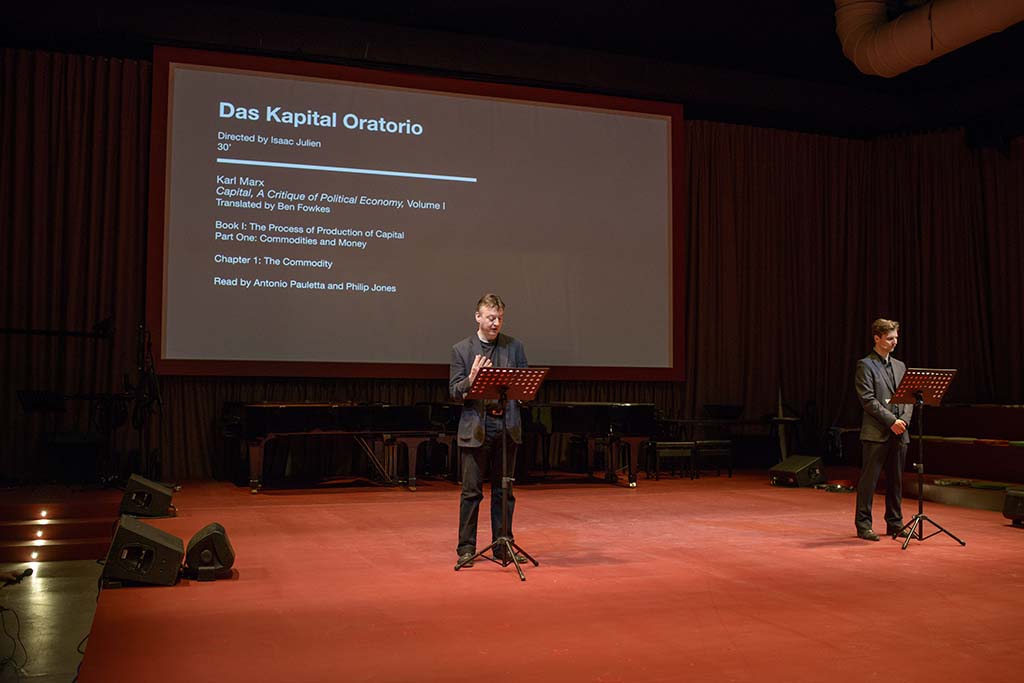Without mentioning her by name, Keynesian economist Paul Krugman ("Conservatives and Keynes", May 5, 2015) writes on the Confidence Fairy.
In my opinion, whether he realises it or not, this is the key part of his post:
"Keynesian economics, if true, would mean that governments [and economists, I'd add] don't have to be deeply concerned about business confidence, and don't have to respond to recessions by slashing social programs."However, can you write "Keynesian economics" without "Animal Spirits"?
----------
One who would probably deny that is Prof. Roger Farmer (Distinguished Professor of Economics, at UCLA, apparently a non-Post Keynesian economist): he proposes the adoption of Animal Spirits as a new fundamental for Keynesian economics.
In a post ("Rational Expectations and Animal Spirits", February 3, 2014) last year, Farmer had this to say about his work:
"In standard dynamic stochastic general equilibrium (DSGE) models there is a single rational expectations equilibrium. In the models I work with there are many rational expectations equilibria. Not just one, or two or three: but an infinite dimensional continuum of them. That is not a problem. It is an opportunity that I exploit to model the idea that beliefs matter. In my work, I close my models by adding an equation that I call a 'belief function'. The belief function is an effective way of operationalizing the Old Keynesian assumption of 'animal spirits'. It is a forecasting rule that explains how people use current information to predict the future. That rule replaces the classical assumption that the quantity of labor demanded is always equal to the quantity of labor supplied."Now (and this is the thing), how would that fit with Keynes' -- the oldest Keynesian -- Animal Spirits, is something I cannot fathom. To paraphrase Him (about whose words I was reminded recently): "I simply do not know".
----------
Incidentally, Paul Krugman alludes to Farmer in "Choose Your Heterodoxy" (25-04-2015). An appropriate title, no doubt. But that's not why I draw your attention to it. What caught my eye is this:
"As I've written many times, economists who knew their Hicks have actually done extremely well at predicting the effects of monetary and fiscal policy since the 2008 crisis, whereas those who sneered at this old-fashioned stuff have been wrong about almost everything."So, economists -- at least those who "know their Hicks" -- can predict things extremely well.
Fair enough. One is entitled to bragging rights if one makes a prediction and it comes to pass. Why should that be interesting?
Well, because other Keynesian economists (like Wren-Lewis and Syll) say economic prediction is not possible. In fact, neoclassical Marxist Chris Dillow agrees with them on that:
"Macroeconomics - when done well, which is only some of the time - does the former [explanation]. This might be all that can be expected. Whatever else is wrong with macro theory, the inability to foresee recessions is not the problem."
----------
Is that just me, or these are strange times?
----------
UPDATE:
 |
| (source) |
I couldn't hope for a better way to illustrate my previous comment on the strangeness of our times than pointing to "Das Kapital at the Arsenale: how Okwui Enwezor Invited Marx to the Biennale", by Charlotte Higgins (h/t David Ruccio), on the public readings of Das Kapital in the Venice Biennale.
No comments:
Post a Comment